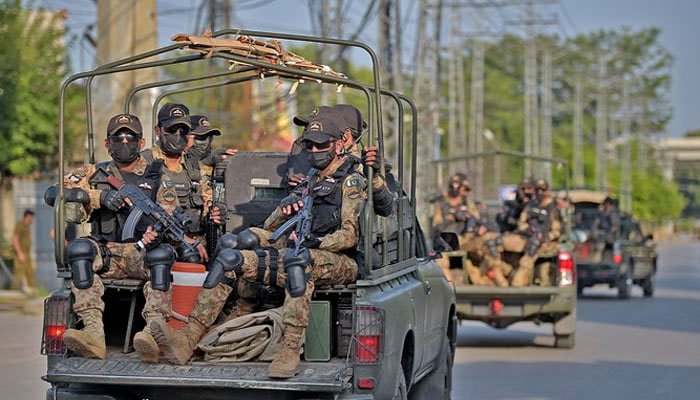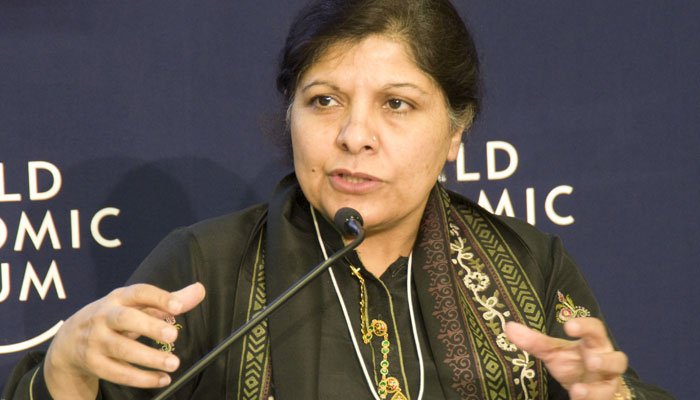Pakistan’s Resilient Response Rekindles Spirit of 1965 Amid Renewed Tensions with India
Tensions between Pakistan and India have a long and complex history, rooted in the events leading up to the partition of the subcontinent in 1947. Since then, the relationship between the two neighbors has been marked by persistent hostility, with the Kashmir dispute serving as the core issue that has led to multiple military confrontations. Among these, the wars of 1948, 1965, and 1971 stand out as major conflicts that shaped the region’s geopolitics.
The 1965 war is remembered in Pakistan as a defining moment of national unity and resilience. During this conflict, the Pakistani armed forces and the public stood together in the face of aggression. Despite heavy assaults on cities like Lahore and Sialkot, Pakistan’s military successfully repelled Indian advances, bolstered by a strong wave of patriotism. Radio broadcasts, national songs, and public morale reflected a united front, with citizens from all ethnic backgrounds—Punjabi, Sindhi, Baloch, Pashtun, and Kashmiri—rallying around a common cause: the defense of their homeland.
In contrast, the 1971 war brought a painful chapter in Pakistan’s history. Capitalizing on internal political tensions and unrest in East Pakistan, India provided support to separatist movements, leading to the creation of Bangladesh. This loss significantly impacted the nation’s psyche and morale, requiring years of healing and national reconstruction.
Following the recent incident in Pahalgam, India once again escalated tensions, prompting a strong and calculated response from Pakistan. For the first time since 1971, Pakistan not only responded militarily but also launched a robust diplomatic campaign on the international stage. The Pakistani people once again demonstrated unity, echoing the spirit of 1965. Social media became a new battleground where Pakistani youth took the lead in countering Indian narratives with facts, patriotism, and humor. This digital engagement proved crucial in shaping global perceptions, with Pakistan gaining a visible edge in the battle of narratives.
The international Muslim community responded positively to Pakistan’s firm stance, with several countries acknowledging Pakistan’s right to self-defense and expressing concern over India’s provocations. The solidarity shown by the Pakistani public—across provinces and societal groups—served as a powerful reminder that Pakistan is more than just a geographic entity; it is an ideology founded on sacrifice, struggle, and faith.
Throughout history, Pakistan has rarely initiated conflict but has always responded decisively when provoked. Today, the country stands more aware, resilient, and united than ever before, demonstrating that the spirit forged during the nation’s birth continues to shape its present and future.





